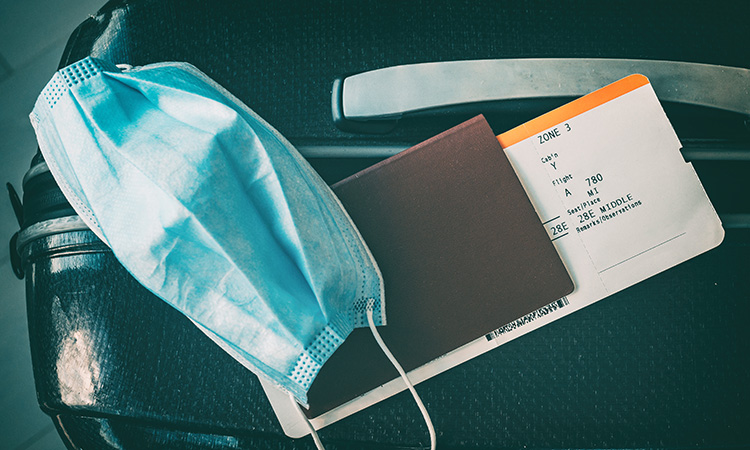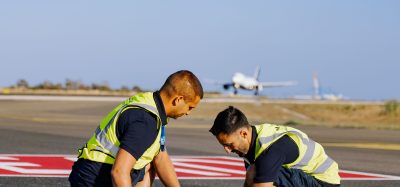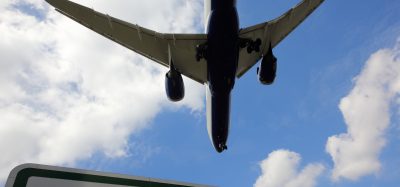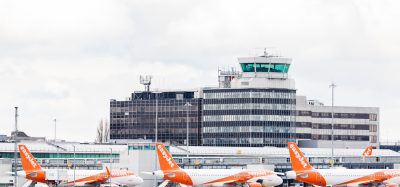IATA welcomes test findings outlining low risk of COVID-19 transmission onboard aircraft
- Like
- Digg
- Del
- Tumblr
- VKontakte
- Buffer
- Love This
- Odnoklassniki
- Meneame
- Blogger
- Amazon
- Yahoo Mail
- Gmail
- AOL
- Newsvine
- HackerNews
- Evernote
- MySpace
- Mail.ru
- Viadeo
- Line
- Comments
- Yummly
- SMS
- Viber
- Telegram
- Subscribe
- Skype
- Facebook Messenger
- Kakao
- LiveJournal
- Yammer
- Edgar
- Fintel
- Mix
- Instapaper
- Copy Link
Posted: 20 October 2020 | International Airport Review | No comments yet
Testing conducted by the United States Transportation Command has supported IATA’s report of a low risk of COVID-19 transmission onboard aircraft.


The International Air Transport Association (IATA) has welcomed the release of the results of testing by the United States Transportation Command (US Transcom) that confirms the low risk of COVID-19 transmission onboard an aircraft.
The US Transcom testing, which was conducted in August 2020, found that “the overall exposure risk from aerosolised pathogens, like coronavirus, is very low” on the types of airline aircraft typically contracted to move Department of Defense (DOD) personnel and their families.
More than 300 aerosol releases, simulating a passenger infected with COVID-19, were performed over eight days using United Airlines Boeing 767-300 and 777-200 twin aisle aircraft.
IATA’s Director General and CEO, Alexandre de Juniac, said: “Last week, IATA reported that, since the start of 2020, there have been 44 cases of COVID-19 reported in which transmission is thought to have been associated with a flight journey, out of 1.2 billion passenger journeys in 2020. The US Transcom research provides further evidence that the risk of infection onboard an aircraft appears to be very low, and certainly lower than many other indoor environments.”
The US Transcom testing showed that the aerosol was “rapidly diluted by the high air exchange rates” of a typical aircraft cabin. Aerosol particles remained detectable for a period of less than six minutes on average. Both aircraft models tested removed particulate matter 15 times faster than a typical home ventilation system and five to six times faster “than the recommended design specifications for modern hospital operating or patient isolation rooms.” Testing was done with and without a mask for the simulated infected passenger.
Related topics
Aircraft, COVID-19, Passenger experience and seamless travel, Safety
Related airlines
Related organisations
Department of Defense (DoD), International Air Transport Association (IATA), United States Transportation Command (US Transcom)


















